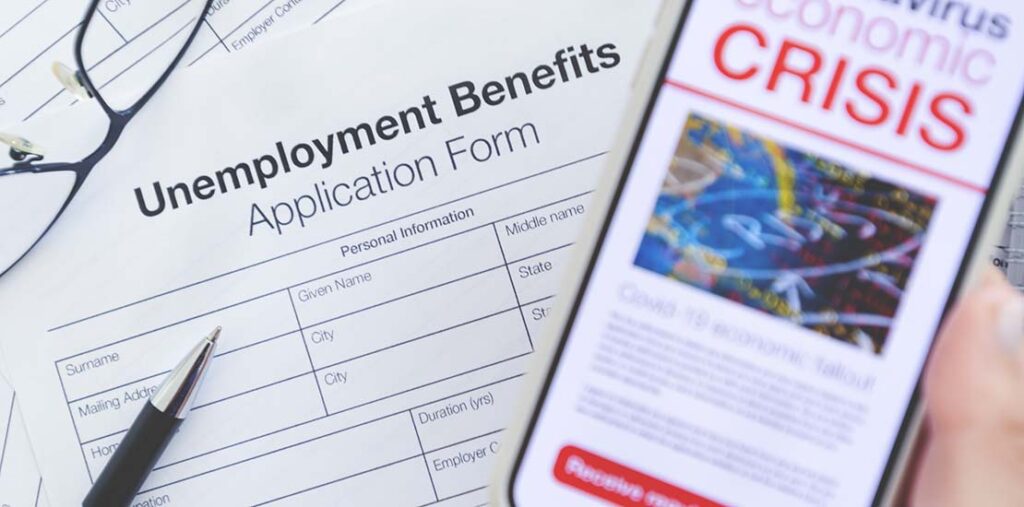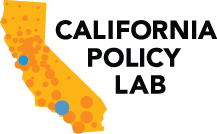
This project examines how the generosity of UI benefits affects the amount of time workers spend on the UI program, as well as how those durations vary over time.
Background
While a substantial body of research has previously demonstrated that more generous unemployment insurance (UI) benefits lead to people claiming UI benefits for longer periods of time, less is known about how the effect of UI benefits on labor supply varies over the business cycle or how it changed during the COVID-19 Pandemic.
Typically, policymakers consider providing more generous unemployment benefits during recessions. Prior studies have analyzed the effects of increases in weekly benefit amounts on the length of time claimants remain unemployed, but policymakers may also want to know how this response to benefit generosity varies over the business cycle.
Our research strategy allows us to isolate this response for each year from 2002 to 2020. We then assess how the effect differs in different economic conditions – including the Great Recession, the following economic expansion, and the COVID-19 pandemic.
Research Project
Status: complete
To obtain an estimate of the effect of increased UI benefits among UI claimants for any given year, we compare individuals starting a new period of claiming UI benefits just above and just below the maximum UI benefit, which in CA is $450. Because UI replaces 50% of prior earnings up to this maximum payment, the benefit schedule has an abrupt change in slope—or “kink”— as a function of prior earnings, at which point the incremental replacement rate changes from 50% to 0%. Intuitively, because claimants on either side of the kink point are likely to be similar, comparisons of claimants above versus below the kink point allow us to identify the causal effect of a change in weekly UI benefit generosity.
Research Team
Dr. Alex Bell, TJ Hedin, Dr. Geoff Schnorr, and Dr. Till von Wachter
Results
JOURNAL PUBLICATION: Unemployment Insurance (UI) Benefit Generosity and Labor Supply from 2002 to 2020: Evidence from California UI Records (Published in April 2024 issue of the Journal of Labor Economics)
NBER WORKING PAPER: UI Benefit Generosity and Labor Supply from 2002-2020 (forthcoming in the Journal of Labor Economics)
Prepublication version ![]()
